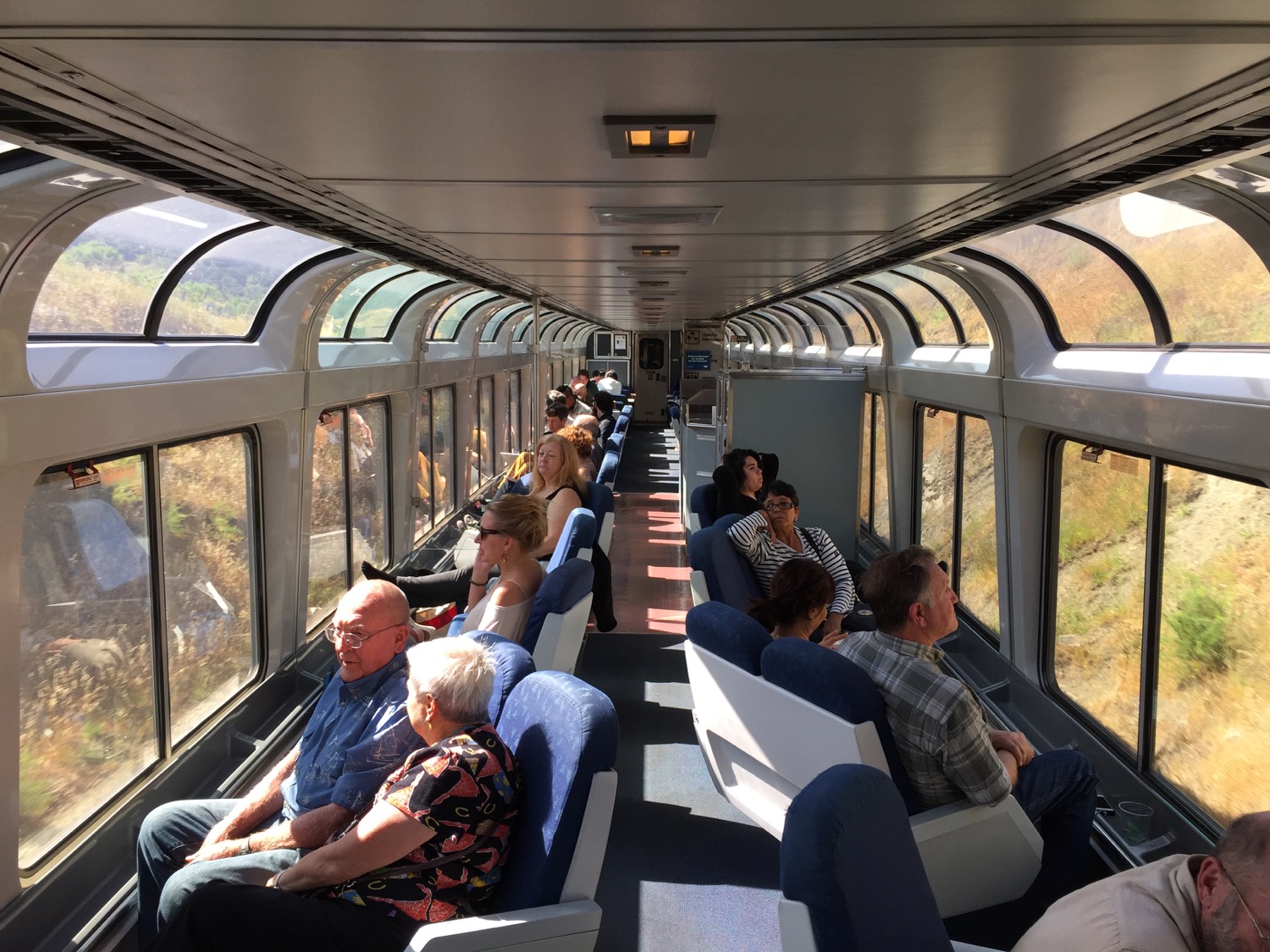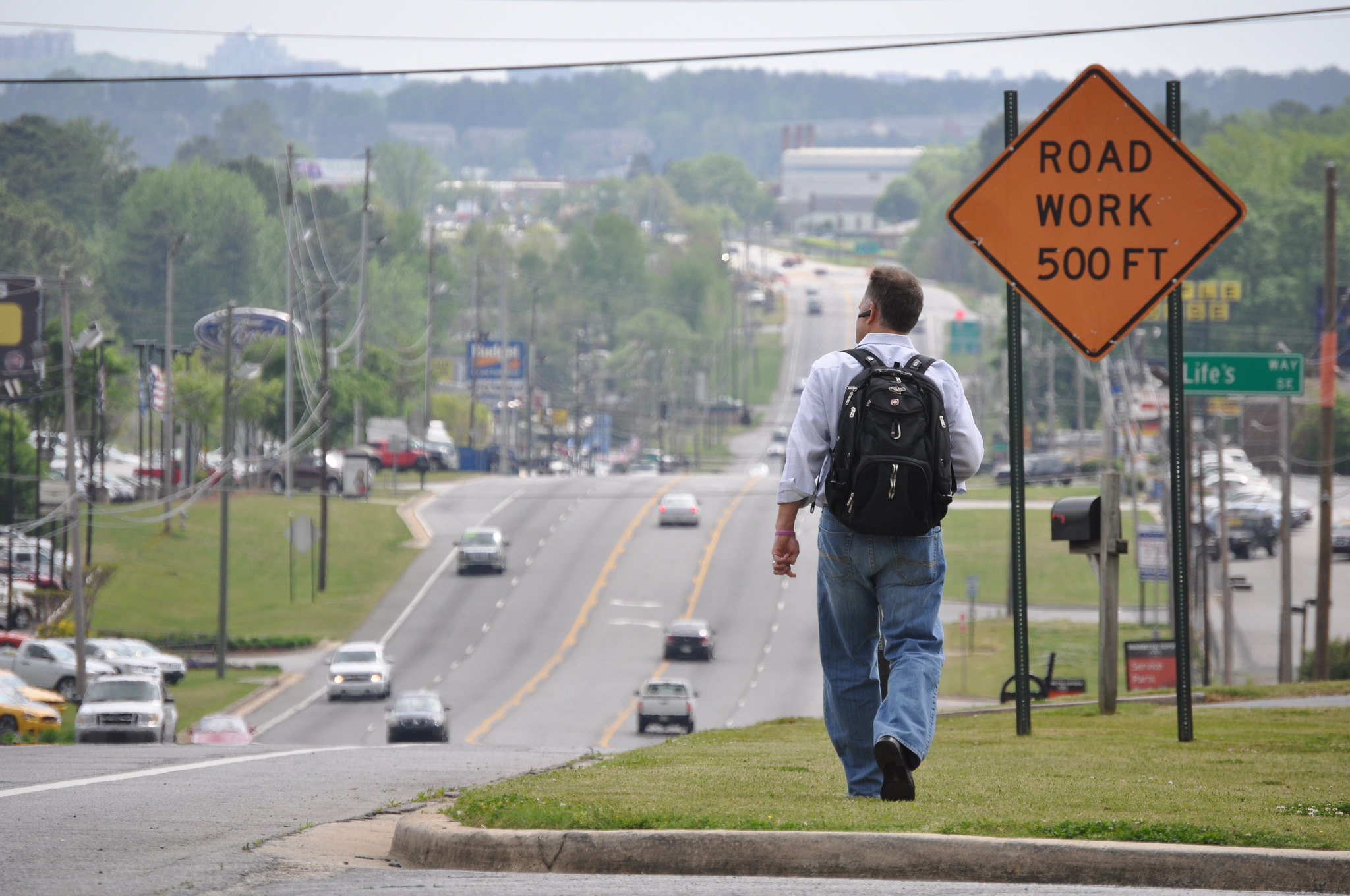Policymakers and private-sector players seem to be struggling to agree on how -- and whether -- to set national performance targets for America's transportation system, as evidenced by today's debate at a high-profile infrastructure conference.
 (Photo: UVA)
(Photo: UVA)"Performance-based" is a popular buzzword in transportation circles, where clear and definable national standards are seen as the best way to improve efficiency, cut emissions, and marshal public support for shared sacrifice to improve the system.
But the lone congressional proposal to set national transportation goals, including an annual reduction in per-capita vehicle miles traveled and a focus on repairing existing assets, has languished on the Hill.
The current long-term House transport bill leaves the difficult question of measurable performance targets to state DOTs and metropolitan planning organizations (MPOs), which could have a vested interest in keeping the bar low.
Given that uncertainty, attendees at today's University of Virginia infrastructure policy conference spoke of forging consensus on how to achieve a "performance-based" system.
Yet the very question of setting national goals appeared to divide and disillusion several speakers.
"Everyone agrees that performance ought to be the driver," said Mortimer Downey, President Clinton's deputy Transportation Secretary and current chairman of the firm PB Consult.
"[But] I'm concerned when I see legislation come out," Downey said -- however "well-intentioned" that legislation may be -- that attempts to set transportation performance goals for the states. National goals, he added, shouldn't turn into "national diktats."
Steve Heminger, executive director of the San Francisco area's MPO, said specific national goals were "the key missing ingredient" that could restore public faith in the importance of transportation spending. "They need to be readily understandable ... things that states and metro areas can be rewarded for meeting and penalized for failing."
Still, Heminger sounded pessimistic about the public's willingness to coalesce in support of a set of transportation targets. The interstate highway system built during the Eisenhower era "was something everyone could rally around," he said. "We're never going to have that again."
Craig Lentzsch, a former Greyhound president who served on the federal panel that recommended a 10-cent gas tax increase earlier this year, emphasized the need for specificity in what transportation dollars would be used for rather than the environmental benefits that would result.
"If you pick a goal, you may be inherently picking a winner from the mode system," Lentzsch said.





